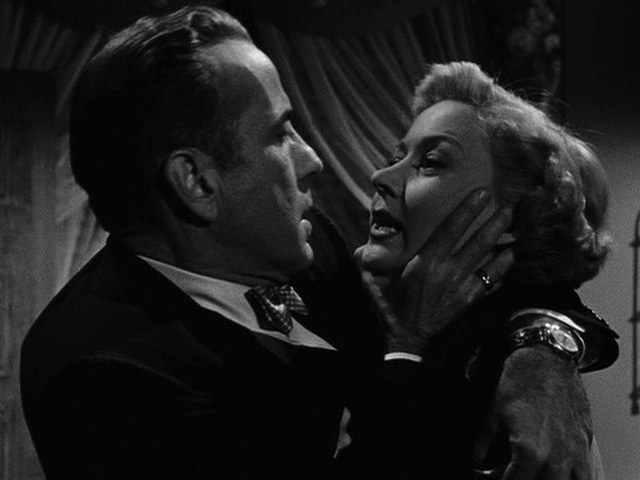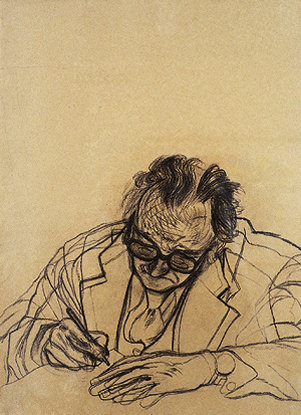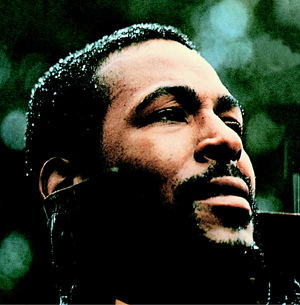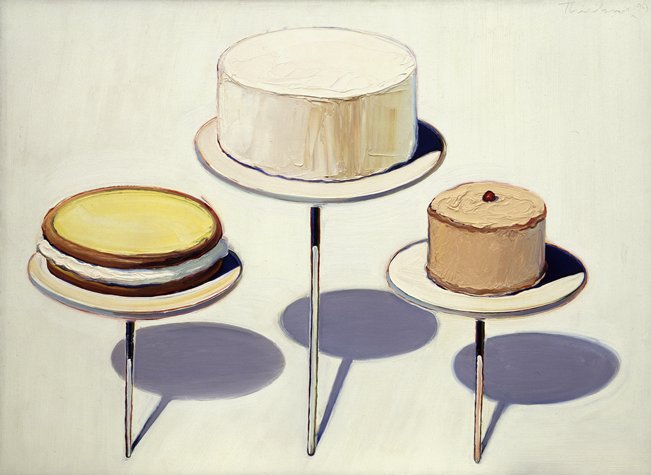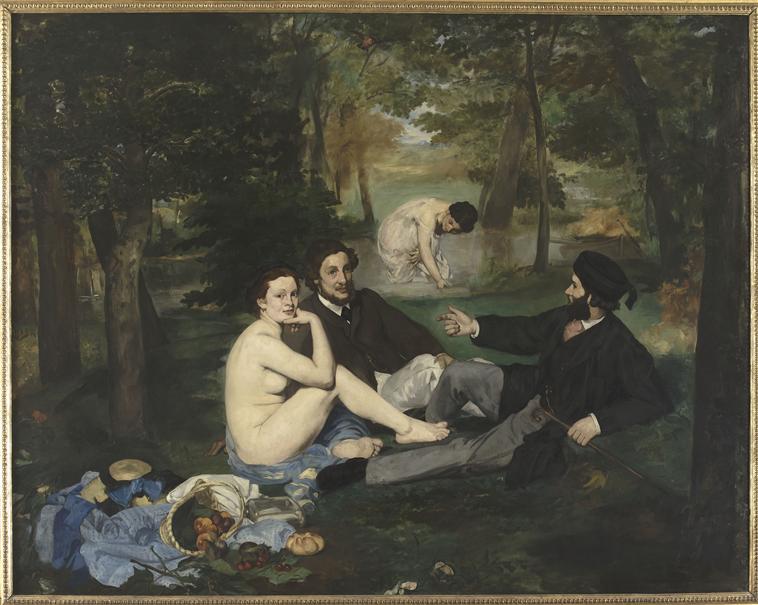As we shall see though, once she allows the question of whether this trust and faith are justified to arise, the possibility of answering it immediately changes, as her relation to Dix just thereby changes; he notes the change, is wounded, he changes, and then, and only then, does he begin to evince what could be, and are taken to be, indications that he really is “capable of murder.”
But the question is deeper: whether an illusion, on the order of some post-Cartesian misdirected agenda in epistemology, is a proper matrix for understanding the sort of suffering chronicled in the modern literature of loss, absurdity, alienation, meaninglessness and simple heartlessness. (For that matter, the larger question here: could McDowell be right that the Cartesian agenda is simply an illusion, to be recovered from, to be exorcised? Is not that image itself telling, as if it is something like possession, witchcraft? Could that be right?)
BY John Gibson
[W]e frequently do not, strictly speaking, hear the meaning of a poem so much as we hear a poem as occasioning a question of meaning, a question we devote ourselves to answering if we are to make sense of the encounter with meaning a poem initiates. In the context of poetry, we usually take meaning to be a destination and not a point of departure.
Do literary conditions have their own forms of entitlement? Would such conditions—say, Wittgenstein’s particular scene-setting, thought experiments, aphorisms, and dialogues—amount to an alternative form of justification? Could a tactful or artful (or beguiling or captivating or worrisome) ordering of words—what we might simply call a style—itself generate the criteria for claiming? How exactly can, as Cavell puts it, “an ordering of words [be] its own bottom line, [and] see to its own ground?”
Just as “confidence” is hope cut free from its surrounding dangers, so too a “reminder” is an invitation cut free from a discursive environment of argument and persuasion. It is a performance of knowledge that causes anxiety to lapse, that opens our eyes to the obvious without insisting upon it. Or to put the point slightly differently, the idea of a reminder is the idea of a poetry of ease.
As a boy, Stendhal searched for the perfect mathematical equation: “At the age of fourteen, in 1797, I imagined that higher mathematics, which I have never known, contained every or almost every aspect of objects, so that by going on I would come to know certain, indubitable things, which I could prove to myself whenever I wanted, about everything.” But the inescapable pressures of the social world turn even mathematics into an occasion for hypocrisy, rather than knowledge. Stendhal’s development of a theory of vagueness seeks to redress the failure of certainty and indubitability, to explain all the ways language can go right in a social situation, and all the not-unrelated ways it won’t.
The dimension of a free life that Hegel is interested in has not, by virtue of these critiques, been superseded or gone away, unless we have some way of understanding what it would be to actually acknowledge such a departure in life. The postmodernist critique of subjectivity is “overdone” to the extent that it leaves us with no concrete way to understand what the actual position of subjectivity should look like to an agent.
BY Richard Neer
On screen and soundtrack, The New World stages internal relations and disjunctions while revealing them to be constitutive of a cinematic world. Yet the purpose of the film is precisely not to articulate a defensible thesis about “worldhood.” It is to effect nothing less than a conversion of the gaze—a purpose inimical to an academic industry that takes positive knowledge as its goal.


